By Church Leadership Center
April 12, 20165 Things Leaders Do To Get Things Done
Bob was great at talking, but not so much at doing. He could wax eloquent about his vision for projects (e.g., setting up missional communities, creating a prayer chapel, and starting a men’s ministry), but it was mostly talk.
It turns out that many church leaders are better at vision casting than they are at vision implementation.
They are naturals at describing what could be done but not always as good at getting jobs done. An article by Reggie McNeal, the inspiration for this blog, describes five things that are needed to get things done. Here is an adaptation of his five points. (A link to Reggie’s complete article follows.)
First, have a point person.
This is someone who takes responsibility for a project or activity and is accountable to another person or group. He or she may be referred to as a team leader, committee chair, or project champion.
Second, provide resources.
Every project requires assets such as money, energy, talent, time, and location. Up-front resources include the minimum of a budget and a team of 3-5 people.
Third, determine the urgency.
The activity must meet a need: It should be in response to a problem or vision. In one way or another, that which is being done should help the church or organization accomplish its mission.
Fourth, identify a convener.
This is someone who calls the first meeting on behalf of the church or ministry organization. Often the lead pastor fills this role. The convener adds legitimacy and credibility to the task.
Fifth, provide a mentor or coach for the point person.
It is especially important that new leaders have a mentor or coach to lend support for the implementation of the project. Think of a mentor as an experienced senior leader whose maturity provides helpful guidance.
Church Leadership Center plays an equipping role in the lives of “doers.” Persons who are admitted to our programs are those with a background in church ministry. They are recommended by their churches. They typically are comfortable functioning according to the five points that are above. They are experienced as point persons, trusted with resources, concerned about the needs of their churches, supported by church pastors and staff members, and realize the value of being mentored or coached.
We invite you to contact us for more information about leadership development in your church.
The above blog is based on
5 Things You Need to Get Something Done in Your City by Reggie McNeal









